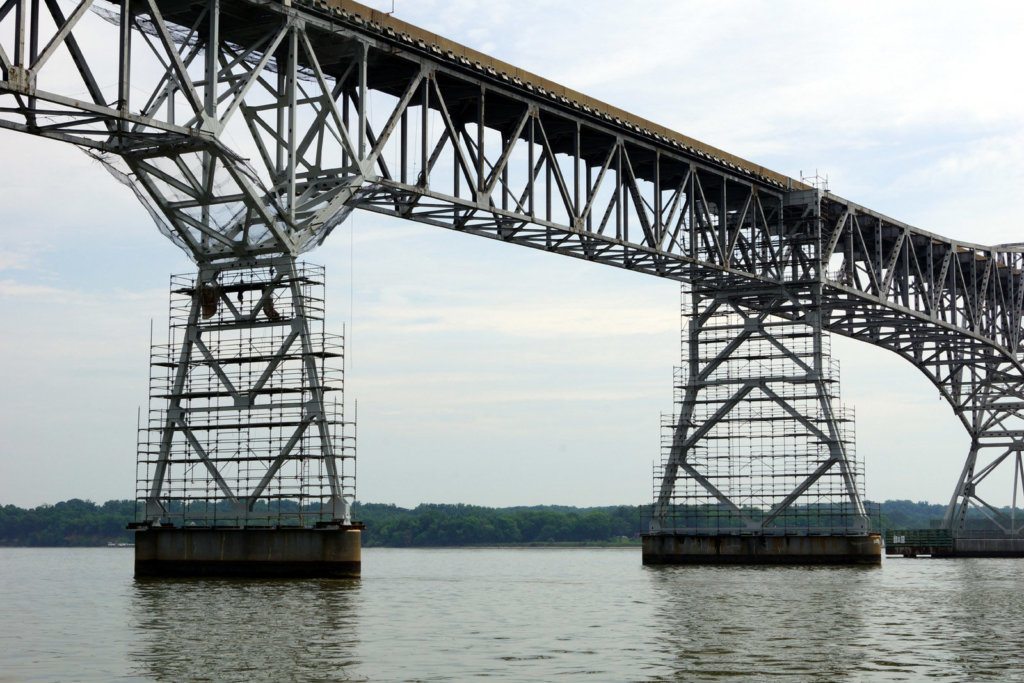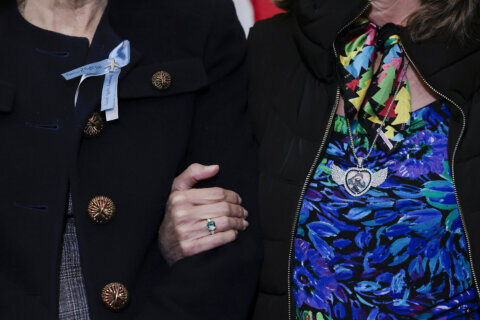
Maryland transportation officials are providing more insight into the decision not to include a barrier-protected pedestrian lane as part of the expansion of the Gov. Harry W. Nice Memorial/Sen. Thomas “Mac” Middleton Bridge in southern Maryland.
The new info comes as plans move forward to widen Maryland’s southernmost Potomac River crossing from two lanes to four lanes, at the cost of $463 million.
Will Pines, chief engineer for the Maryland Transportation Authority, said the authority’s board made the call based on the $64 million cost the protected lane would add to the project, estimated using current data from areas surrounding the bridge.
“It results in roughly 46 anticipated trips per day that would use that facility,” Pines told members of the Metropolitan Washington Council of Governments.
Pines said the math equates to the pedestrian lane costing $1.3 million per daily user.
He also said population data shows that in more rural counties, such as Charles County, Maryland, and King George County, Virginia, only .01% of residents use bikes to get around.
These figures resulted in the MDTA board deciding to instead spend the roughly $60 million to add capacity to a portion of Interstate 95 in the state.
Pines said the state will implement a shared lane configuration at the Harry Nice Bridge, in which cyclists will be allowed to use the roadway with cars.
“We are making the investments, and it’s important in the design process to do absolutely nothing that would prohibit cyclists from having the option to ride across the bridge,” Pines said.
The decision to cut the protected lane wasn’t well-received by some of the members of COG’s Transportation Board.
Charles County planning director Jason Groth expressed his concern, since he believes the widening of the bridge will lead to more development near the bridge.
“We are extremely thankful for the bridge, please don’t get us wrong,” Groth said. “But once it opens up, the traffic that’s going to ensue, including truck traffic, it’s going to make it even more difficult for these cyclists to get across.”
If the chapter is closed on the separate lane for cyclists, Groth said the state will need to work closely with advocacy groups for cyclists on navigating the bridge once the widening is complete.
Kelly Russell, president pro tempore of the Frederick City Board of Aldermen, expressed her disappointment in the state’s decision. “I feel that there is still an obligation to complete the project as originally pitched,” she said.
Greenbelt City Council member Rodney Roberts had some tough words for the state over the cutting of the path.
“You made a promise to the citizens of Maryland, and you have broken it. So, shame on you,” Roberts said.








